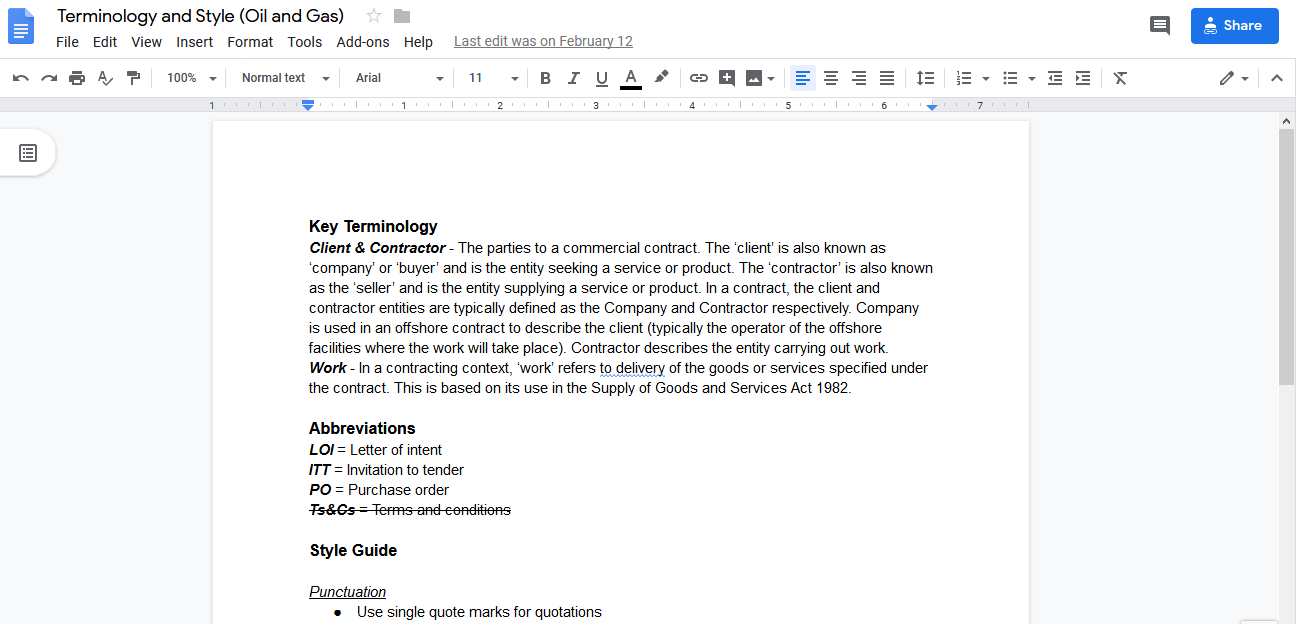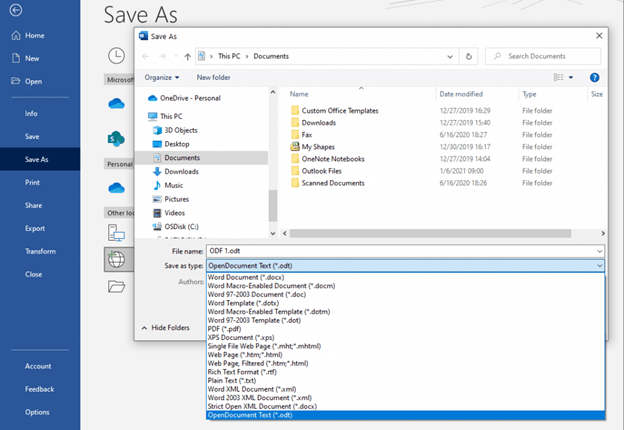


PNG was developed to avoid a lawsuit regarding the licensing of GIF technology back in 1994. JPGs are useful when a small file size is crucial, like in your email signature. You shouldn’t try to edit a JPG because you’ll lose quality every time you decompress and recompress the file. It was designed by photographers for use with photographs and photo-like images, so it works best for images with smooth transitions between colors. As a lossy compression format it’s a poor choice for graphics with sharp contrast between pixels. The jpg, or jpeg, is arguably the most commonly used image file format. It’s just the universally accepted way to display something that is by definition see through. No one’s suggesting you use a crazy gingham backdrop for your logo. Sometimes, transparency is shown with gray and white checks.

This is super useful when you want to put your logo on a background color other than pure white. Some image files support transparency, specifically transparent backgrounds. You can increase and decrease the image size without it getting pixelated.

On the other hand, vector graphics are scalable. They aren’t scalable, meaning as you increase the image size you’ll start to see the individual pixels. Raster graphics or rasterized image files are “flat” files. vector graphicsīefore we dive in to the file formats let’s clear up a few common terms regarding image files. What’s vector format? Do you have that? Should you just send the same file you sent to your web developer? Keep reading (or jump to the infographic at the bottom) to understand the most common logo file formats and their uses. You have a Dropbox full of logo files and your shirt printer wants to know if you have one in vector format. Which logo file format do you need? Find your answer here as we explain JPG, PNG, EPS, PDF, AI, and other logo file formats.


 0 kommentar(er)
0 kommentar(er)
